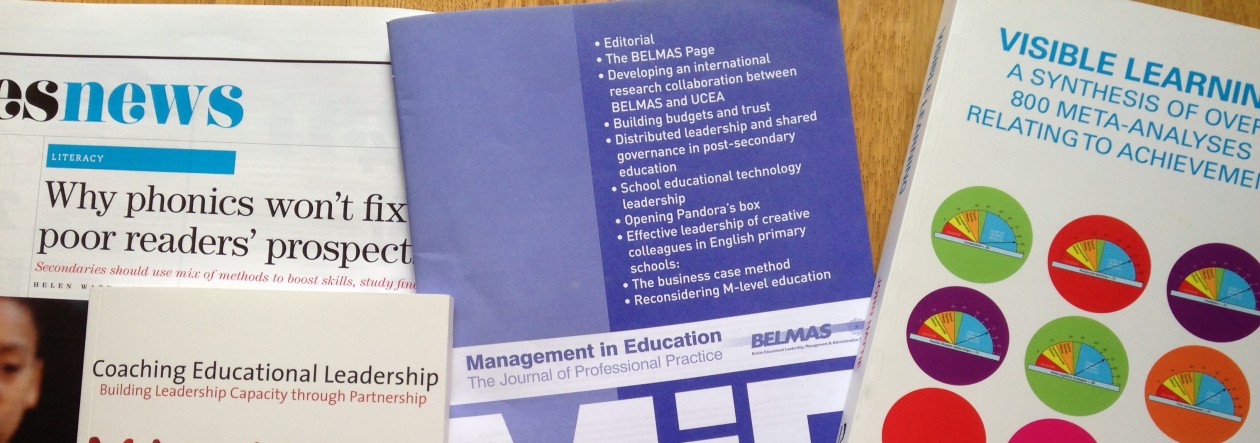1) What do inspections look like?
Inspections driven by the philosophy:An increased emphasis on:
“ An ‘acceptable’ standard of education is defined as a ‘good’ standard of education.”
- Improving schools that are not yet good
- Progress of pupils especially those that are disadvantaged
- The use of the Pupil Premium to raise achievement
- Reading, writing and mathematics
- The impact of school leadership on improving teaching and achievement
- Governance
2) Four Key Judgements
“Only a good standard of education is good enough.”
- Achievement
- Quality of teaching
- Behaviour and safety
- Leadership and management
Inspectors must also consider
- SMSC
- Provision or needs of pupils especially SEND
3) Increased focus on how pupils compare with national statistics and
- Make more than expected progress
With an emphasis on
- English and maths, reading and writing
- Closing the gap in attainment and progress
- Pupil Premium
- Disabled
- SEN
4) Organisation
Half day notice
Schools contacted after midday on the working day before the inspection except for ‘no notice’ behaviour focus visits
(always a 2 day inspection, so no call on a Thursday or Friday and no inspections on a Monday)
If HT unavailable, then next most senior member of staff
Once confirmed, then confirmation sent to school by email
Lead inspector will prepare by getting information from
- Previous inspection report
- Monitoring letters
- RAISEonline
- Qualifying complaints
- School website
- Parent View
- Past surveys carried out by the school
- Correspondence
- Phone calls
To make sure you have a good idea of the expectations, have a look at the descriptors in the Handbook.
5) Here are the components of ‘Outstanding Teaching’, the part that we are usually most concerned about. By picking out the highlighted words and phrases, you can get the flavour.
- Teaching and Learning
Outstanding (1)
- [teaching in]… All key stages and most subjects is outstanding and never less than consistently good. As a result, almost all pupils are making rapid and sustained progress.
- All teachers have consistently high expectations of all pupils.
- Teachers systematically and effectively check pupils’ understanding throughout lessons, anticipating where they may need to intervene and doing so with notable impact on the quality of learning.
- Reading, writing, communication and mathematics is highly effective and cohesively planned and implemented across the curriculum.
- High levels of engagement and commitment to learning across the whole school.
- Consistently high quality marking and constructive feedback from teachers ensure that pupils make rapid gains.
- Teachers use well-judged and often inspirational teaching strategies, including setting appropriate homework that, together with sharply focused and timely support and intervention, match individual needs accurately. Consequently, pupils learn exceptionally well across the curriculum.
- It is clear to see that whole school excellence is needed. There can be no weak areas for an ‘outstanding’ judgement to be made.
6) Behaviour and Safety
Outstanding (1)
Phrases to note
- attitudes to learning are exemplary
- unreservedly positive
- behaviour outside lessons is almost always impeccable
- bullying in all its forms is rare
- behaviour management by all staff makes a strong contribution
- all groups of pupils feel safe at school
There is plenty of discussion around this:
Subsidiary Guidance. January 2014
64.Inspectors must not give the impression that Ofsted favours a particular teaching style… For example, they should not criticise teacher talk for being overlong or bemoan a lack of opportunity for different activities in lessons unless there is unequivocal evidence that this is slowing learning over time. It is unrealistic, too, for inspectors to necessarily expect that all work in all lessons is always matched to the specific needs of each individual. Inspectors should not expect to see ‘independent learning’ in all lessons and should not make the assumption that this is always necessary or desirable. On occasions, too, pupils are rightly passive rather than active recipients of learning. Inspectors should not criticise ‘passivity’ as a matter of course and certainly not unless it is evidently stopping pupils from learning new knowledge or gaining skills and understanding.
65.When in lessons, inspectors should also remember that they are gathering evidence about a variety of aspects of provision and outcomes. Inspectors are not simply observing the features of the lesson but they are gathering evidence about a range of issues through observation in a lesson. Inspectors should not focus on the lesson structure at the expense of its content or the wide range of other evidence about how well children are learning in the school.
And this:
‘Why do Ofsted inspectors observe individual lessons and how do they evaluate teaching in schools?’ Feb 2014, No.140050
- Inspectors should not give an overall grade for the lesson and nor should teachers expect one.
- If asked, inspectors will provide feedback to individuals on what they have observed, including the evidence they have gathered about teaching.
- They can share the grade for the evidence gathered about teaching, or other aspects, with an individual teacher. In most instances, it should include evidence about what is routine rather than one-off.Too often, it seems to me, inspectors’ visits to lessons are confused with the ones carried out by headteachers whose purpose may be to identify professional development needs or performance management. This is particularly the case with newly qualified teachers, where inspectors and course tutors or mentors are not gathering evidence for the same purpose. Inspectors need to know what the quality of teaching is like across a whole school, and how teachers are supported.Mike Cladingbowl. Director of Schools. Ofsted.
